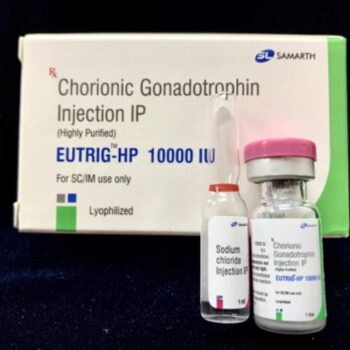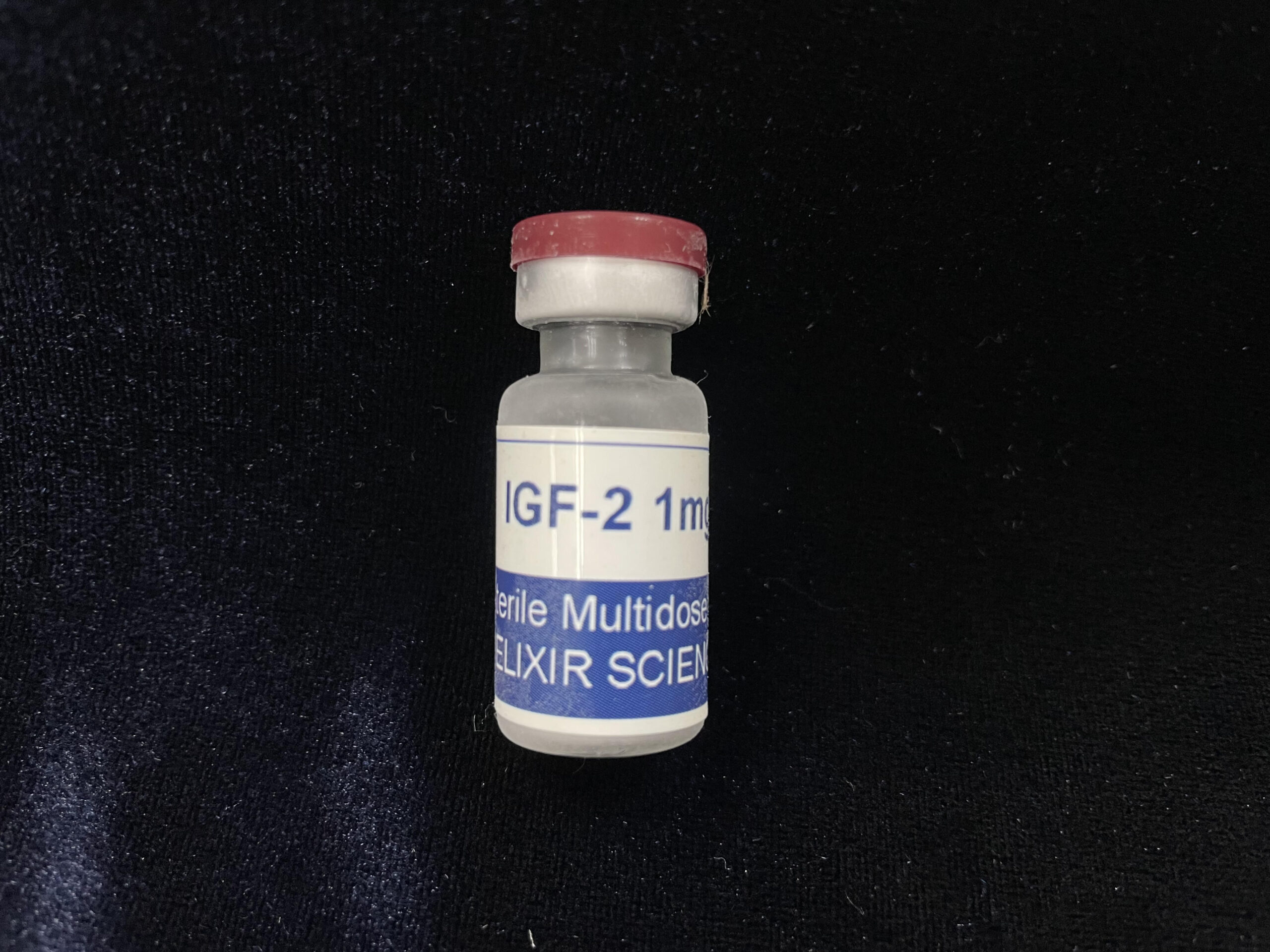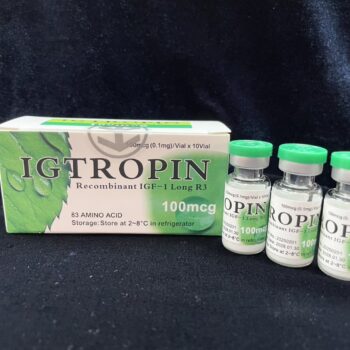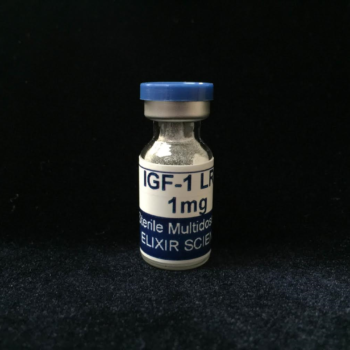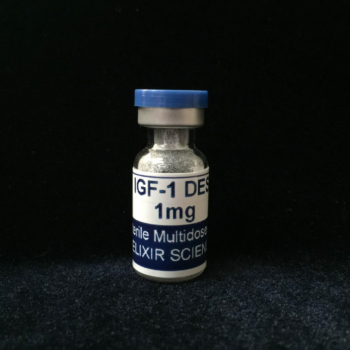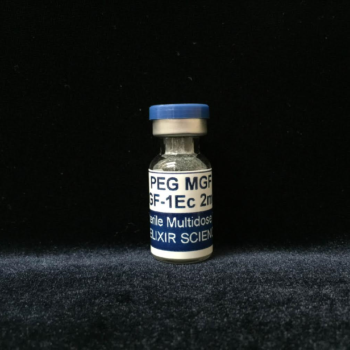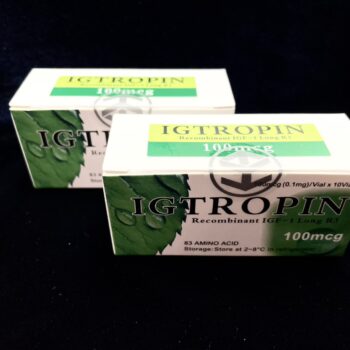** Customers to Japan **
If the shipment is found at customs as an injection, you will be required to show proof of drug supervision from 2020.
If you cannot prepare the proof of drug supervision, please follow the procedure to return it to the sender.
We will notify you when the item arrives at our company, so we will re-ship it after paying the shipping fee again.
** Please understand that this product cannot be refunded after it has been sold.
IGF-2 1mg + 2ml + Injection water ample
Genes and power athlete status
Agnieszka Maciejewska-Skrendo, … Ildus I. Ahmetov, in Sports, Exercise, and Nutritional Genomics, 2019
3.1.27 IGF2 rs680 G allele
Insulin-like growth factor 2 (IGF2) is a protein hormone that is structurally similar to insulin, and act as growth-regulating, insulin-like, and mitogenic factor. The IGF2 is encoded by IGF2 gene (location: 11p15.5). IGF2 is maternally imprinted and paternally expressed what indicates its key role as a regulating factor in fetal growth and development.
IGF2, along with IGF1, plays pivotal role in skeletal muscle growth and differentiation. Several SNPs of IGF2 gene (rs3213221, rs680, rs7924316) were associated with loss of muscle strength directly after exertional muscle damage. The IGF2 rs680 A/G polymorphism was associated with changes in the levels of IGF2 mRNA. Particularly, significantly higher levels of IGF2 mRNA were observed for G allele when compared with the A allele. It was then suggested that this polymorphism plays a role in the IGF2 transcription.
The study by Ben-Zaken et al. (2017) that aimed to assess the frequency distribution of the IGF2 rs680 A/G polymorphism among Israeli athletes showed that the frequency of G allele carriers was significantly greater among top compared to national-level track and field sprinters and jumpers. The rs680 GG genotype frequency was significantly greater among track and field sprinters and jumpers compared to weight lifters and among top-level sprinters and jumpers compared to top-level weight lifters.
IGF-2 (insulin-like growth factor-2) is a protein that controls its function directly under the growth hormone (hGH). It is classified as a type of “Growth Factor” represented by EGF, and is known to play an extremely important role in cell proliferation and differentiation in the body.
While it is known that aging reduces secretion, it has a proven track record as a drug depending on its structure, so it is necessary to carefully consider its efficacy and safety.
IGF-2 is a synthetic peptide developed based on the active site of IGF, and because it has a simple amino acid structure, it is not only easy to metabolize and safe, but it is also effective because it can be mixed in a larger amount than growth factors. There is a feature.
It has been suggested that IGF not only works on the growth of hair follicle stem cells to switch cells to proliferation, but also resets the conversion from the growth phase to the degeneration phase and induces the differentiation of hair follicle stem cells into hair. , Indispensable for hair growth.
IGF2 (human polypeptide 31) binds to the IGF1 receptor α and promotes cell division in various tissues. The main functions of IGF2 are regeneration of damaged cells, lipolysis, bone and muscle, and nerve tissue formation. There are also “aging care” through delayed skin aging and induction of cell regeneration, and “promotion of hair” by converting hair from telogen to anagen.
The method of taking IGF-2 is to take 80-150 mcg daily by subcutaneous injection or intramuscular injection in 2 to 3 divided doses.

